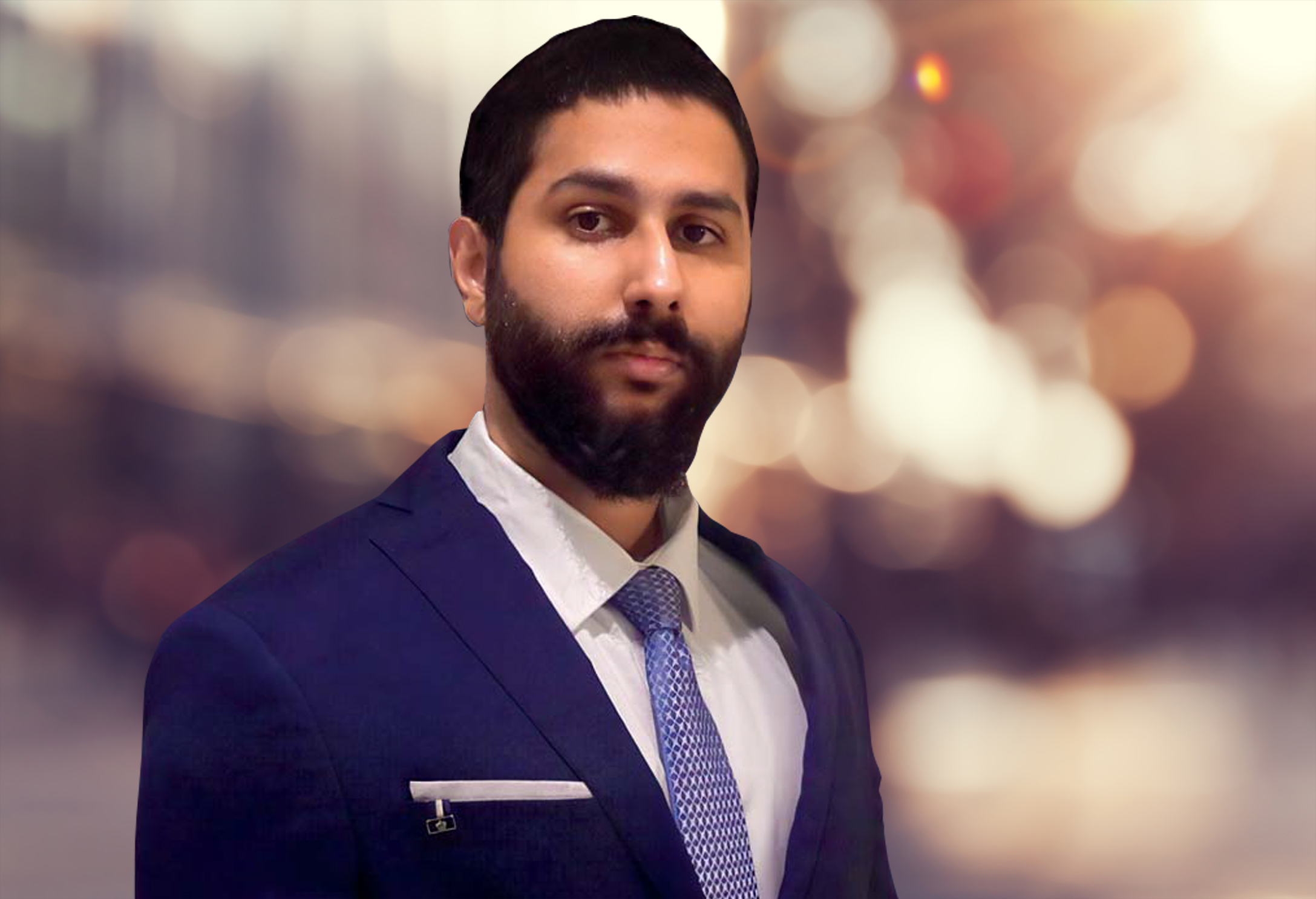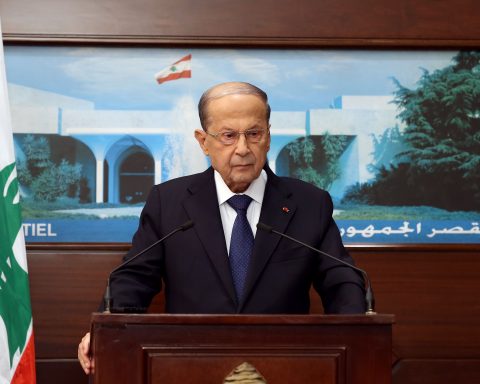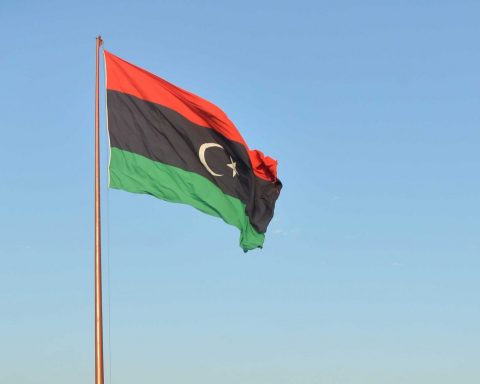Abdennour Toumi: Twenty days have passed since the war between Russia and Ukraine broke out. What is your take on the geopolitical and geoeconomic impacts of this conflict on the neighboring countries and the rest of the world?
Prof. Don McLain Gill: The unfolding situation in Ukraine has numerous political and economic impacts on the strategic calculations of states in the international system. The crisis has shown how many states in Asia, Africa, and Latin America continue to demonstrate their reluctance in joining the bandwagon to sanction Russia due to their awareness of the negative effects of US and Western foreign policy inconsistencies and double standards throughout their history. These states also face several other economic, political, and military challenges that compromise their national interest and domestic stability. In addition, given the economically crippling effects of the COVID-19 pandemic, the unreliability of global supply chains, as well as this current crisis, states may turn to national economic models for self-reliance. Lastly, the situation in Ukraine effectively marks the advent of a multi-polar world order where there is no all-powerful hegemon holding the reigns of how inter-state relations should be conducted. This has caused other states to become more calculative and wary of their immediate strategic environment given the complexity and fluidity of the current power shifts in a fast-evolving geopolitical landscape.
Abdennour Toumi: Does the fall of Kyiv, which would lead to the fall of President Zelenskyy’s administration, show that the US and the EU strategy failed?
Prof. Don McLain Gill: The Russia-Ukraine crisis did not emerge due to recent geopolitical shifts, but rather, because of a trust deficit that has been taking place since the 1990s. The failure of NATO and the US to take historically-informed and objective decisions – despite the warnings from top strategic and security thinkers such as Dr. Kissinger and Prof. Mearsheimer – has led to this current catastrophe. While there is no justification for the innocent lives lost, the fact that all this bloodshed could have been avoided is a crucial point to reflect on for all parties concerned. Had the West effectively provided a more pragmatic framework for engagement in Eastern Europe, Ukraine will have had the opportunity to maximize its gains and partnerships with both the West and Russia. Now, after all the bloodshed, even Ukraine’s president is now aware of his country’s slim chances of joining NATO, let alone NATO’s reluctance to give in to Ukraine’s no-fly zone demand. Now, more efforts are being made toward negotiations, which is the way to go for both sides to address their individual security concerns. Fighting alone against Russia till the last Ukrainian with no direct intervention from NATO is an immoral choice any leader can make for his people. Recognizing this, the West must encourage negotiations.
Abdennour Toumi: What is making the West fully support President Zelenskyy, knowing that the support is still symbolic?
Prof. Don McLain Gill: The legitimacy of the West continues to be at stake as states beyond Europe are beginning to show their ambivalence towards Western decision-making. While NATO has clarified that this is not their fight, the most they can do to show their solidarity with Ukraine is through military and economic aid in addition to slapping more sanctions on Russia. However, these responses may not be enough given the negative spillovers that can happen throughout the world. The lack of international consensus in terms of action on the issue at hand will complicate the legitimacy of the West further, especially since the fall of Kabul which happened just recently.
Abdennour Toumi: Looking at the situation from the historical perspective, can Ukraine be like Afghanistan’s superpower nightmare or is Ukraine different?
Prof. Don McLain Gill: We have to understand that the historical position of Afghanistan as the focus of the “Great Game” is nothing like the situation in Ukraine now. Russia has no ambitions to establish a new USSR, nor does it have to expand such an empire. It is quite foolish to think of this to be Russia’s end game primarily because it will not be able to sustain such vast ambitions. Russia’s actions reflect a disdain for NATO enlargement on its doorstep, similar to how other powers acted, like with the US’ Monroe Doctrine, India’s Indra Doctrine, and China’s regional exclusion policies. It is important to stay objective and rational in understanding the situation in order not to exaggerate or understate the issue.
Abdennour Toumi: It is clear new players have emerged from the Ukraine story. These actors are regional and international powers, for instance, Turkey and China, and even President Zelenskyy himself. What role could these two countries play in peace and security in Ukraine? Are stabilization and the rebuilding process Europe’s and NATO’s priorities?
Prof. Don McLain Gill: Turkey has proven to be a key mediator in this situation with partnerships on both sides. While being a NATO member, Turkey maintains its pragmatism in avoiding explicit sanctions and providing a conducive atmosphere for negotiations. This is absolutely important. China, on the other hand, also seeks to play a role as a mediator; however, it has been cast in a doubtful light given its assertive actions throughout Asia and the Pacific. This has dented its image as a broker for peace.
Abdennour Toumi: Since President Putin has “unexpectedly” reinvigorated NATO, reunited the EU, and resurrected a Ukrainian nation and identity, how can we articulate NATO and European strategic autonomy and the neutrality of Ukraine?
Prof. Don McLain Gill: While the West has shown its support for Ukraine, individual states carry different calculations. For instance, France has acknowledged applying a “Finlandization” framework despite Ukraine’s rejection, and Germany and other key European states have emphasized their inability to cut off Russian energy resources completely. These actions indicate that the forces of nationalism and realpolitik will continue to prevail even among key western powers. Accordingly, the Ukrainian leadership must prioritize the stability of its people based on its own objective and practical strategic calculations.
Abdennour Toumi: What are Western powers learning from the war in Ukraine?
Prof. Don McLain Gill: Given that we are clearly out of a unipolar world, powerful states from the West must tread carefully given the complex geopolitical landscape. Second, the lack of historical awareness and pragmatism will always prove to be a recipe for failure. Third, the need to maintain a consistent foreign policy is needed to avoid ambivalence from other states in the system.
Abdennour Toumi: Who will be the winners and the losers of this war?
Prof. Don McLain Gill: In Europe, there are no winners. All have witnessed huge losses in both material and ideological capacity. However, China seems to be the notable winner as it has managed to deflect Western threats and keep the US occupied in Europe as it continues to solidify its sphere of influence in Asia. Furthermore, since China, and not Russia, has global ambitions, it will exploit the gaps created by the West in other parts of the world to its own advantage.














